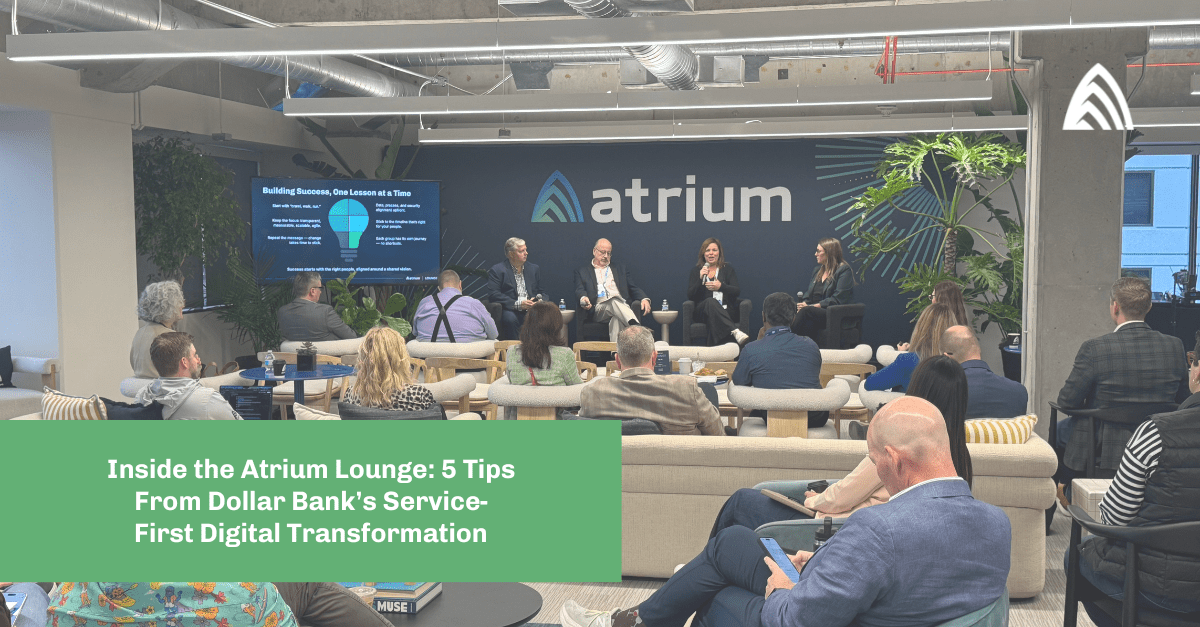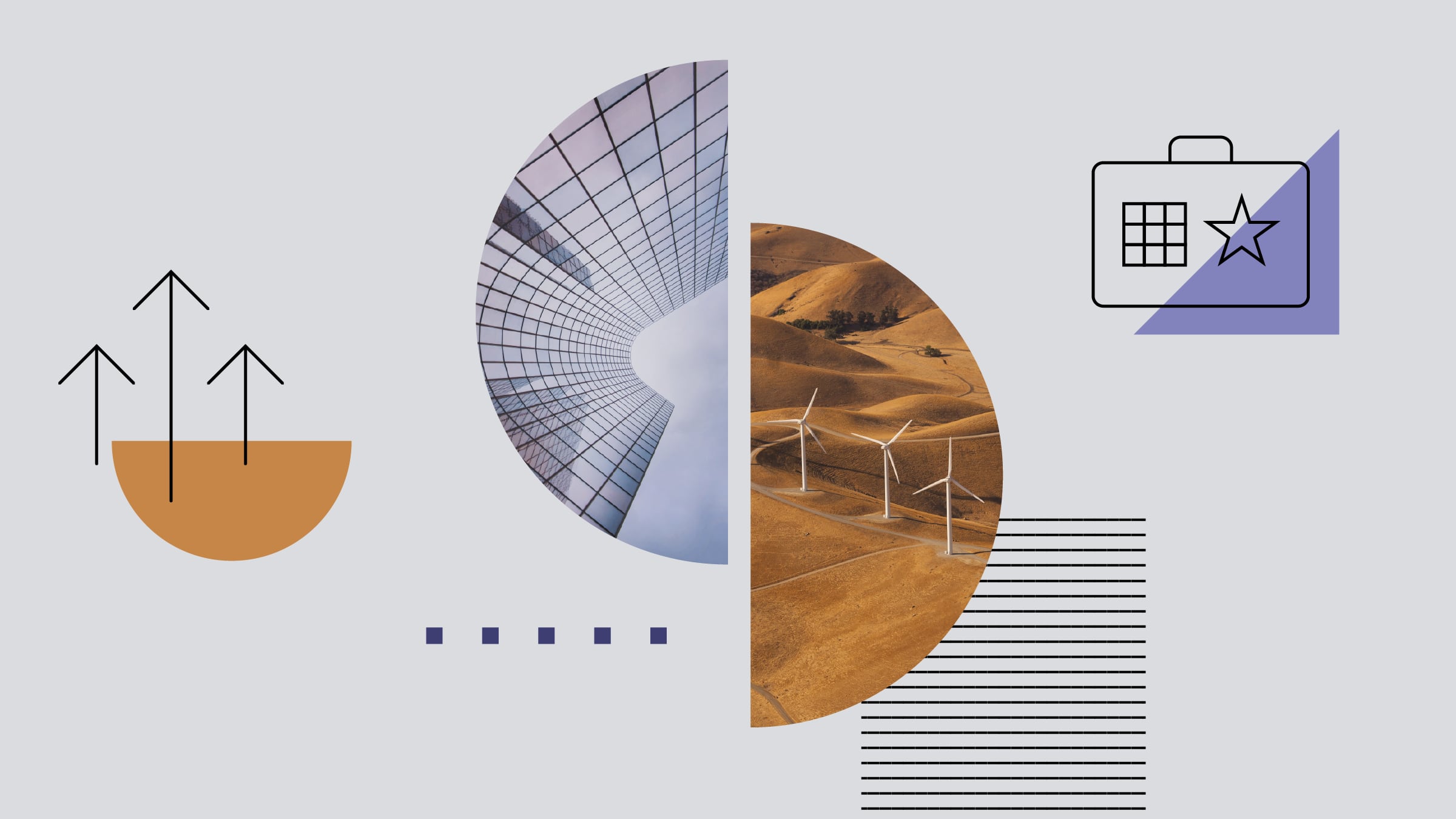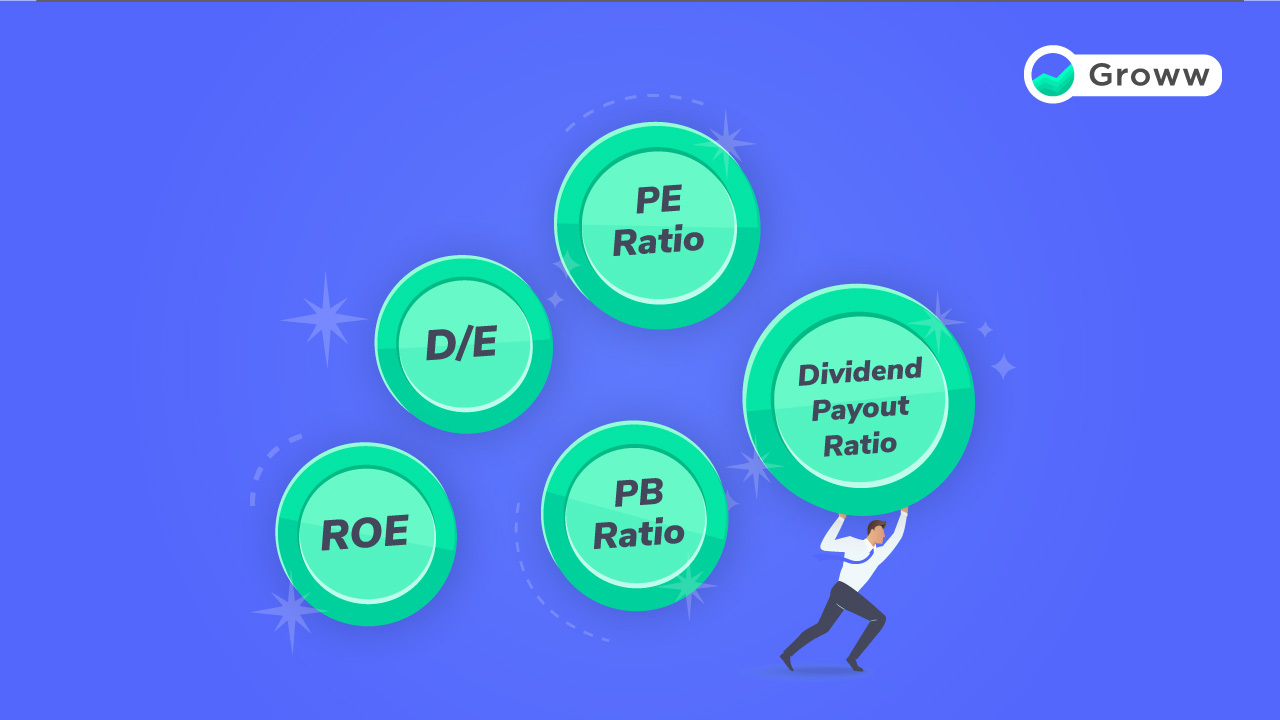Fico’s study highlights frustrations with digital banking processes in PH

Global analytics software company Fico’s latest global consumer fraud research spotlights the critical need for efficient digital experiences among Filipino consumers when opening financial accounts via mobile apps or websites.
The Fico study underscores that Filipinos place a premium on robust fraud protection and user-friendly interfaces during these processes. The survey, conducted in November 2023 by an independent research company adhering to industry standards, involved 1,001 Filipino adults and approximately 12,000 other consumers across multiple countries, including Canada, the United States, Brazil, Colombia, and more.
The study revealed that a significant majority of Filipinos have a low tolerance for lengthy and cumbersome account application processes. Specifically, 3 in 5 consumers (59%) are unwilling to answer more than 10 questions before abandoning a personal bank account application. Just over 1 in 4 (26%) will drop out if required to answer more than five questions. Also, regardless of the number of questions, 1 in 5 Filipinos will abandon the application if it takes longer than 10 minutes.
“The growing ubiquity of digital banking services means that Filipinos now increasingly expect a frictionless banking experience, especially when opening accounts,” said Aashish Sharma, segment leader for risk lifecycle and decision management in the Asia Pacific (Apac) at FICO. “Our research reveals that streamlining these processes will be key in financial institutions retaining customers and enhancing satisfaction.”
Identity checks
Over the past year, more than half of Filipinos have noticed an increase in identity checks when logging into bank accounts (58%) or making online purchases (61%). These heightened identity verification measures are a response to the significant issue of identity theft in the country. Although only 5% of respondents confirmed their identity had been fraudulently used to open an account, about 26% suspect it has.
Despite the necessity of these checks, the frustration they cause can significantly impact consumer behavior. Fico’s survey found that 1 in 4 bank customers have either reduced or stopped using existing personal bank accounts and credit cards due to the cumbersome and time-consuming nature of identity verification processes.


The survey highlighted that Filipino consumers exhibit varying levels of patience depending on the type of account being opened. Personal bank accounts see the highest abandonment rates (32%) due to complex identity checks, followed closely by savings accounts (30%) and mortgages (21%). Only 6% of consumers feel comfortable opening a mortgage account digitally, with more than half (52%) preferring to apply for personal loans in person rather than online.
While some financial products necessitate thorough scrutiny, the survey underscores that consumers still expect a high level of ease in these processes.
“As banks encourage more customers to use digital services by promising faster online loan approvals, reducing consumer frustration caused by lengthy identity checks must be an imperative,” Sharma said.
Digital application advantages
The survey also revealed that the ability to open an account at any time is highly valued by Filipinos, with 70% identifying it as the top advantage of digital applications via mobile apps. Also, 75% of respondents appreciated the flexibility of applying at any time via a provider’s website, with speed (69%) also being a significant advantage.
However, despite these benefits, 82% of Filipinos believe that in-branch applications offer better security. Only a third of respondents viewed security as a benefit of digital applications via apps (36%) or websites (33%).
“Ease of use should not be compromised in favor of security and anti-fraud measures,” Sharma said. “Consumers expect banks to fulfill both demands by leveraging technologies like improved identity verification, transaction history analysis, open banking, and government databases. They seek smarter onboarding processes and identity checks, not riskier ones, with the key being appropriate friction for each product and transaction.”
Related Stories
link






